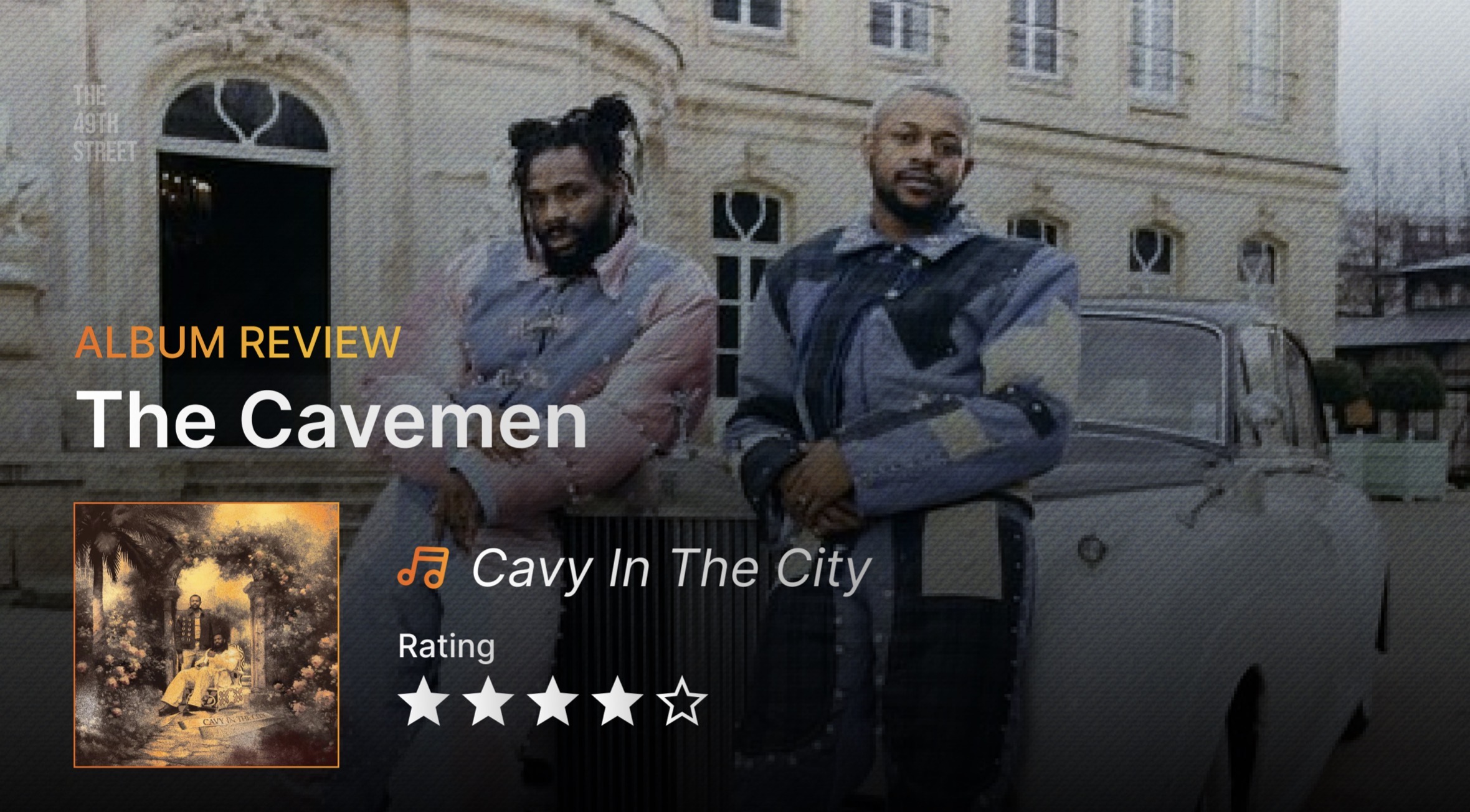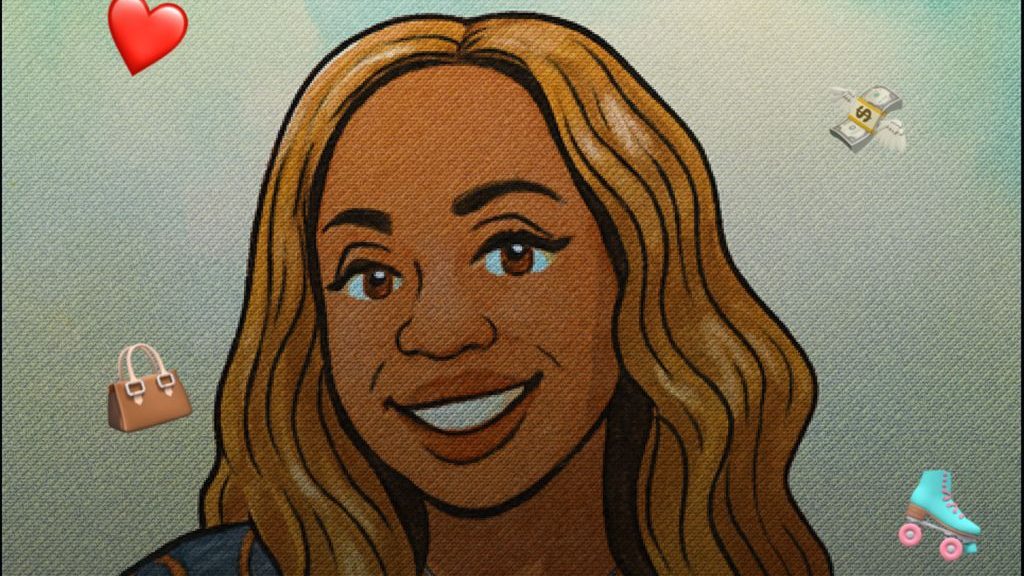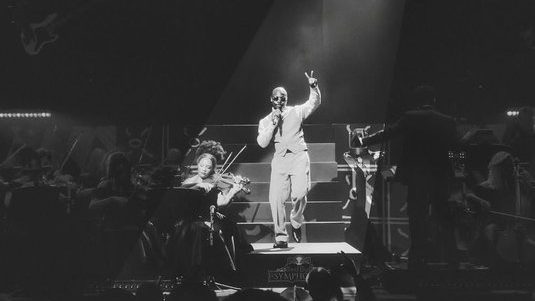By Sophia Afolayan
When you step into his world, it’s impossible not to notice the seamless interplay of sound, visuals, and style. From digital illustrations to turntable wizardry and expressive fashion statements, Crayvelli is a creative who defies categorisation. I’m choosing to refer to him as a cultural polymath navigating the intersections of art with the ease of someone born for it.
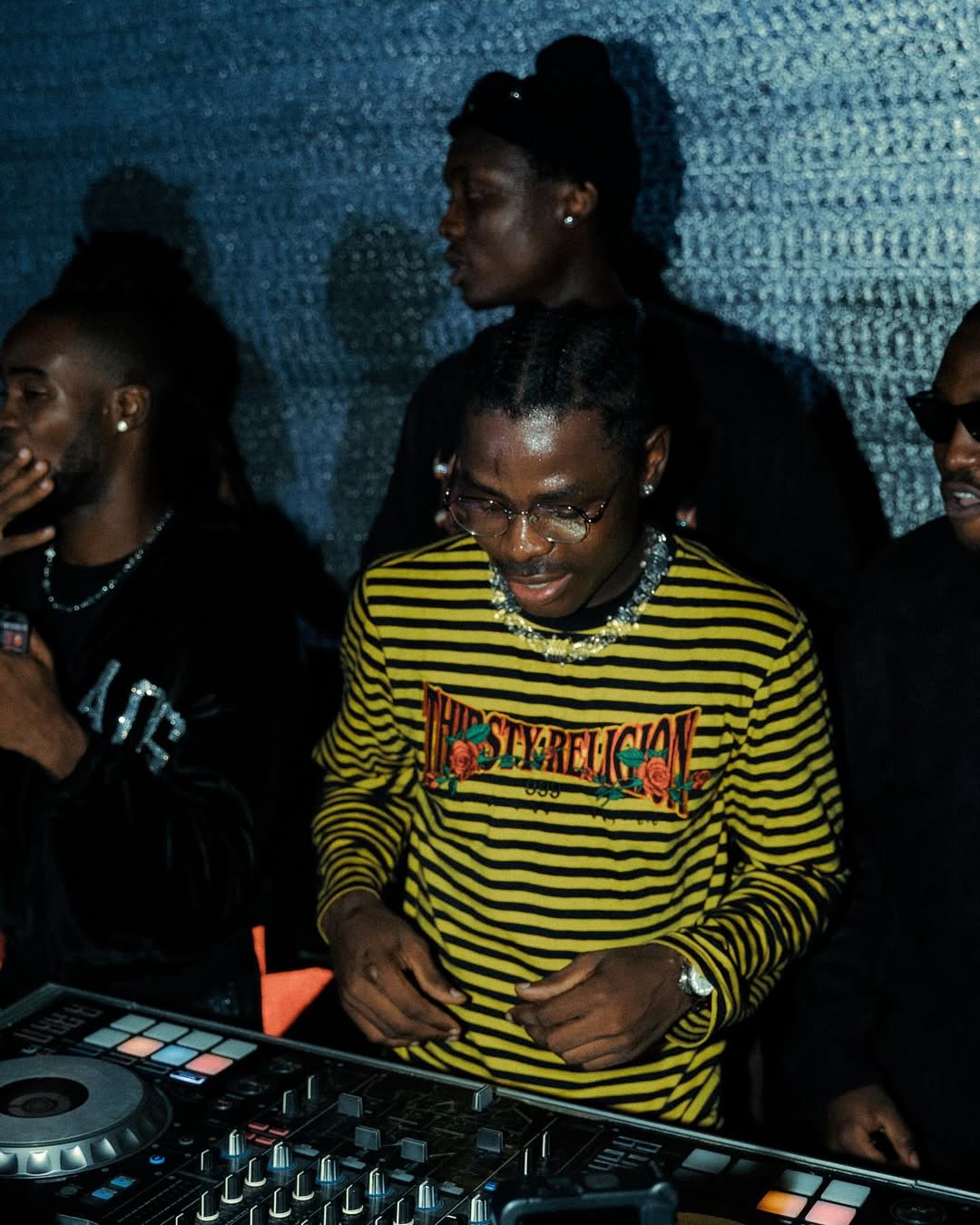
“Honestly, I don’t really marginalise or separate it,” he explains. “Whether it’s music or fashion or illustration, I just see it all as one creative process. They all work together to form my identity.”
The fusion is both intentional and instinctual. Picture this: a DJ set accompanied by hypnotic digital animations he designed, projected across a stage backdrop. For him, the mediums don’t clash; they collaborate. It’s this multidimensional thinking that makes his creative footprint so distinct.
His journey into professional DJing began long before he stepped into the limelight. As a teenager, he tagged along to gigs with his landlord’s son, soaking in the craft. Still, like many Nigerian youths, he had to navigate the pressure of traditional expectations (school first, passion later), but a 2019 visit to the Mainland Block Party reignited his conviction. “The energy there was different,” he recalls. “I just knew- this is where I need to be.”
Crayvelli spent the following months doing the necessary groundwork by networking, reaching out, and proving himself. Eventually, his persistence paid off. He earned a spot at the very event that lit the spark, officially stepping into the professional DJing circuit.
But even now, as the tech landscape evolves rapidly with streaming platforms and intuitive DJ software, he remains grounded in the fundamentals. “Technology has made things easier, sure. But nothing replaces the basics: mixing, beat matching, and reading the room. Those are the core skills. The tools just help me express them more efficiently.”
This fusionist approach also applies to how he dresses. “I think of fashion like I think of music- it’s about curation and communication,” he says. For him, music genres are inseparable from their visual aesthetics: punk and its emo sensibilities, Afrobeats and its eclectic, culture-rich energy, country music’s laid-back Americana vibe. These style identities, in his mind, aren’t trends. They’re extensions of the sound.
That said, authenticity remains his north star, even amid shifting trends. “Be yourself. That’s what connects people to you,” Crayvelli emphasises. “Trends come and go. But your core has to stay the same.”
And when it comes to reading a room, he credits his growth to repetition and emotional awareness. “It’s all about vibe engineering,” he says. “Sometimes, the crowd needs to be eased into the energy, especially if the previous set was intense. You learn how to feel that out with time.”
His creative vision draws inspiration from the likes of Skepta, Rema, A$AP Rocky, and the late Virgil Abloh; artists who blur the lines between fashion, music, and visual expression. “They made creativity feel whole, not compartmentalised. That’s what I want to do too.”
This ethos lives at the heart of Triads, his brand that embodies his multidisciplinary style. “Let’s say after a new drop, I could host an event where people experience my latest pieces, hear a curated set, and see some of my art, all in one space. That’s the kind of full-circle moment I’m interested in.”
When asked about dream collaborations, Crayvelli lists Rema, Skepta, and Nike. “Nike especially, they’re always down to fuse art and fashion in bold ways. That’s the kind of forward-thinking collaboration I’d love to be part of.”
But success, he insists, hasn’t come from just talent. “Work ethic is everything,” he says. “Don’t overthink it. Be yourself. I like to think that being myself has gotten me this far, and I could still go farther by just doing that. And be very open-minded because everything isn’t black and white. And whatever it is you’re trying to do, make sure you get as much knowledge as you can. Like, consume that thing, man. If you’re trying to do art, consume a lot. If you’re trying to design a spoon, study a lot of spoons. Like, make sure you know that you’re actually doing to actually do it.”
“And show some work ethic”, he reinforces. “ It’s not just about talent alone, yeah. You really need to seriously grind.” He says, his passion rings as ever burning to me.
There’s also a fire in him when it comes to the industry’s treatment of DJs. “DJs are still disrespected,” he says bluntly. “Promoters book you and then try to dictate your set. Like, if you know what to play, you might as well connect your phone and do it yourself.”
He’s calling for solidarity among DJs, a collective pushback against these norms. “As much as the ecosystem needs to change – promoters, organisers – we as DJs need to put our foot down too. There has to be a standard. Everybody has to know as much as the ecosystem has some work to do. I’m talking about the promoters, the DJs, within ourselves, there’s a lot that needs to change, actually.
Like I said, we need to learn to put our foot down and say, these terms are what is acceptable, this is the industry standard. Because we don’t actually have standards. Down to things like what an average Nigerian DJ charges per hour. There has to be a lot of structure as well.”
Despite the challenges, his love for the craft hasn’t waned. A few tracks remain close to his heart: The Matter by Wizkid, Rema’s Bad Commando, Burna Boy’s Tonight, and, of course, the timeless classic, Dami Duro by Davido.
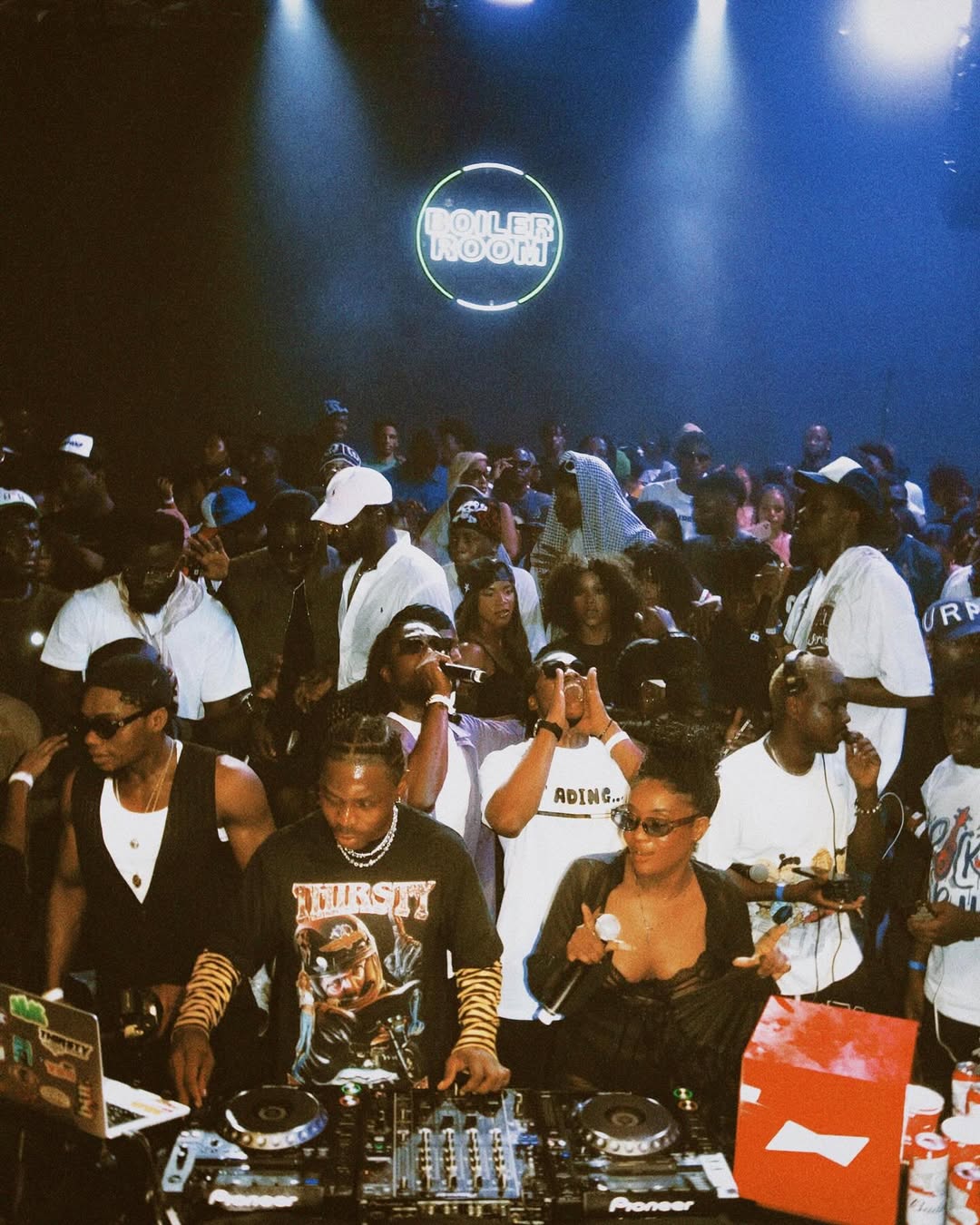
In an industry constantly shifting, Crayvelli is staying centred, not by clinging to one medium, but by owning all of them. He is, in his own words, just doing what feels true, and in that truth, creating experiences that last.


